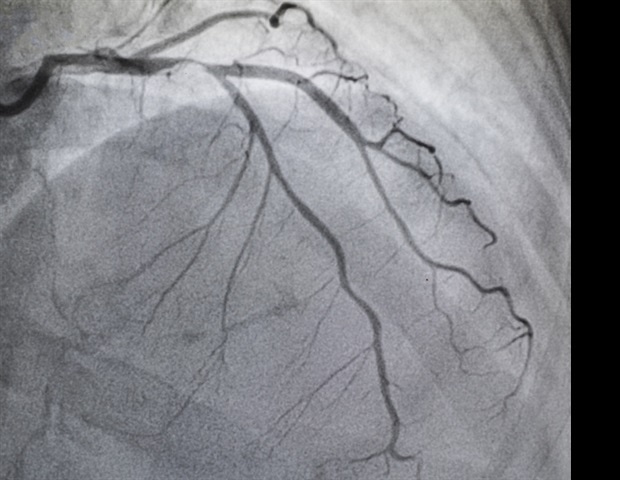
New evaluation of persistent limb-threatening ischemia (CLTI) remedy outcomes was introduced in the present day as late-breaking scientific analysis on the Society for Cardiovascular Angiography & Interventions (SCAI) 2023 Scientific Periods. Following the preliminary outcomes of the BEST-CLI (Greatest Endovascular vs. Greatest Surgical Remedy in Sufferers With Essential Limb Ischemia) trial in 2022 which discovered surgical intervention superior to endovascular revascularization, questions remained concerning how inclusive the enrolled affected person inhabitants was, how reflective the specialty of the physicians who carried out the procedures are in comparison with the broader breakdown of U.S. specialists performing peripheral procedures, and whether or not consequence charges are equally noticed in scientific observe amongst Medicare beneficiaries.
CLTI is related to poor long-term outcomes and a discount in high quality of life. The BEST-CLI trial in contrast two CLTI remedy choices, endovascular revascularization and surgical bypass to know which method results in higher outcomes. Whereas the research discovered surgical revascularization to be superior, the generalizability of this research to the scientific inhabitants with CLTI has not been evaluated.
The brand new research sought to research a broader scientific inhabitants by figuring out all Medicare beneficiaries between 2016-2019 and aged 65-85 years with a prognosis of CLTI who underwent endovascular or surgical revascularization. Revascularization was stratified by endovascular, autologous graft, and nonautologous graft. The endpoint was a composite of main hostile limb occasions (MALE) and loss of life.
66,153 sufferers had been included on this research (10,125 autologous graft; 7,867 nonautologous graft; 48,161 endovascular). In comparison with BEST-CLI Cohort 1, sufferers had been older, extra usually feminine and had a higher burden of comorbidities. Endovascular operators for the research inhabitants versus BEST-CLI had been much less prone to be surgeons (55.9% vs 73.0%) and extra prone to be interventional cardiologists (25.5% vs 13.0%). The danger of loss of life or MALE on this cohort was increased with surgical procedure (56.6% autologous grafts vs 42.6% BEST-CLI Cohort 1; 51.6% nonautologous grafts vs 42.8% BEST-CLI Cohort 2) however related with endovascular (58.7% real-world vs 57.4% Cohort 1; 47.0% real-world vs 47.7%). Of these receiving endovascular remedy, main interventions occurred much less incessantly in comparison with the trial (10.0% real-world vs 23.5% Cohort 1; 8.6% real-world vs 25.6% Cohort 2).
For crucial limb ischemia, the bottom line is guaranteeing well timed entry to vascular care. Though the BEST-CLI trial is vital, it would not absolutely seize the total vary of CLI sufferers, together with older sufferers with higher comorbidities. The findings from our research level to the necessity to individually tailor revascularization methods based mostly on affected person dangers, advantages and preferences.”
Eric A. Secemsky, MD, MSc, FSCAI, Director of Vascular Intervention, Beth Israel Deaconess Medical Middle in Boston, Mass. and Research Lead
Authors observe that older CLI sufferers might not expertise the identical profit with bypass surgical procedure as noticed in BEST-CLI the place on the time, fewer Medicare sufferers had been enrolled within the trial.
Supply:
